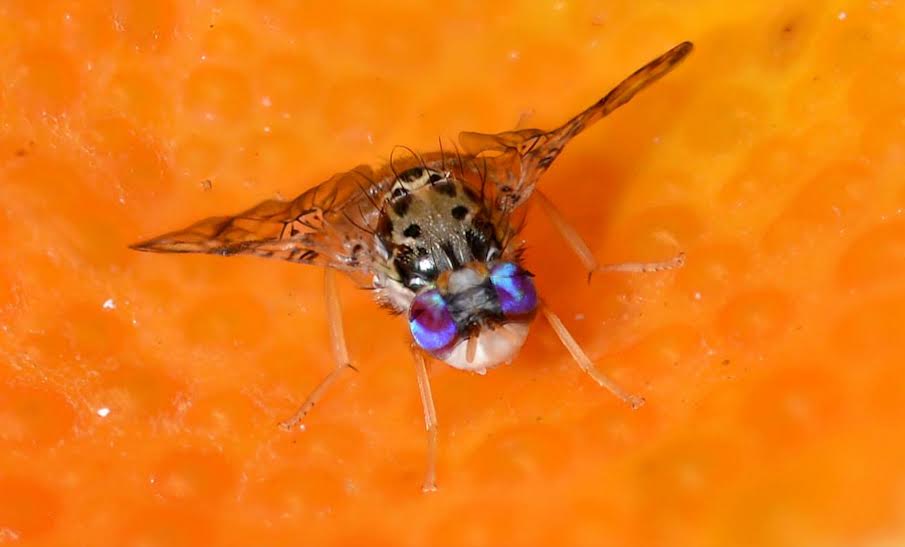Fruit flies evolving to resist common insecticides, study finds

A recent study has found that fruit flies in temperate parts of Australia are becoming resistant to common insecticides.
The study, published in Nature Ecology and Evolution, was carried out by academics from the University of Melbourne and focused on fruit fly’s resistance to imidacloprid - the world's most used insecticide.
The team's findings demonstrated that fruit flies living in the southeastern part of the country, including Victoria, New South Wales and parts of South Australia, are evolving to resist the effects of common and previously effective sprays.
Lead researcher Alexandre Fournier-Level said the fruit flies were evolving in this way despite numerous external stresses.
“That is not only insecticides or temperature or humidity, they have to cope with all the stresses all at once,’’ he was quoted as saying.
He described the increasingly insecticide-resistant type of fly as a "bait" with a new "target".
Elaborating on the comparison, he told ABC News: “So, an insecticide being the bait and its molecular target being generally located in the fly’s brain - The first and most common mechanism is that the target changes its shape and the insecticide can no longer reach the target.’’
His team's research also showed that fruit flies living in temperate areas were better at resisting insecticides than those living in more tropical areas.
Considering the significance of such discoveries, Dr. Fournier-Level said agribusinesses across the world needed to instead look at genetic and ecological factors to manage the pest.
“What is definitely over is this era which started in the 1940s where we could just use one barrel of chemical product to actually deal with any and every species,’’ he told the news publication.
He believes it could be possible to use tropical fruit flies, which do not evolve to resist insecticides, to help breed out the insecticide resistance in temperate flies, thereby eliminating it from the population.
"Once we figure out what is the actual molecular mechanism at the gene level that confers one thing over the other, play one against the other."








































